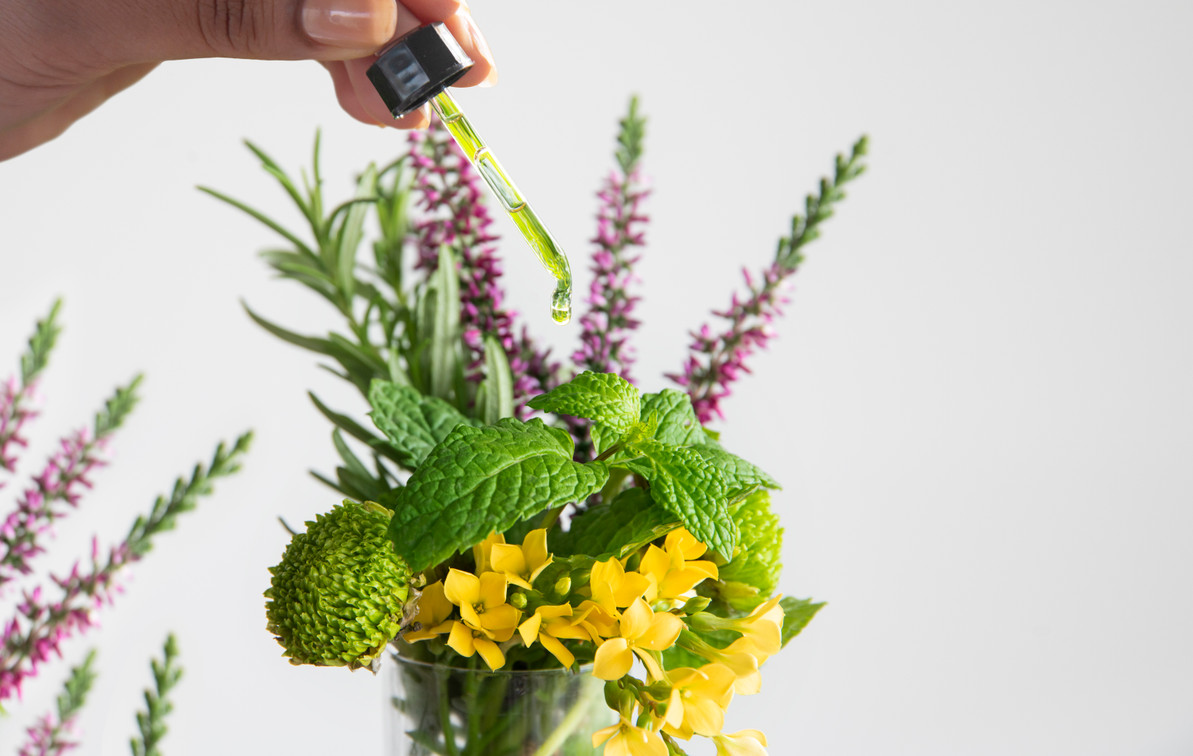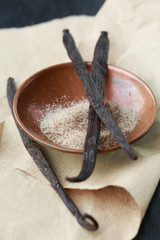Essential Oils Safe for Indoor Plants: A Comprehensive Guide
In the quest to create a thriving indoor garden, plant enthusiasts are increasingly turning to holistic solutions that not only promote plant health but also contribute to a harmonious indoor environment. Essential oils, with their myriad benefits, have gained popularity as a safe and natural way to enhance the well-being of indoor plants. Join us on a journey through the aromatic world of essential oils as we explore the top choices that are not only safe but also beneficial for your green companions.
The Power of Essential Oils for Indoor Plants:
Essential oils, derived from aromatic plants, are renowned for their therapeutic properties. When used mindfully, these oils can have a positive impact on the health of your indoor plants. My Herb Clinic brings you a comprehensive guide on essential oils that are not only safe but can be a game-changer for your indoor garden.
- Lavender Oil:
Known for its calming and soothing properties, lavender oil is a fantastic choice for indoor plants. Its anti-inflammatory and antifungal properties make it a natural pest deterrent, protecting your plants from unwanted invaders. To use lavender oil, mix a few drops with water and spray on the leaves, ensuring a pleasant and pest-free environment for your plants.
- Peppermint Oil:
The invigorating scent of peppermint is not only delightful for us but also serves as a powerful deterrent for pests such as spiders, ants, and aphids. Dilute a few drops of peppermint oil in water and apply to the soil or as a mist to keep unwanted critters at bay. Additionally, peppermint oil can improve air circulation, contributing to healthier plant growth.
- Eucalyptus Oil:
With its refreshing and clean fragrance, eucalyptus oil is an excellent choice for promoting respiratory health in indoor plants. Its antibacterial properties can combat common plant diseases, and it also acts as a natural insect repellent. To use, mix a small amount of eucalyptus oil with water and apply to the soil or foliage, ensuring your plants breathe easy.
- Tea Tree Oil:
Tea tree oil is celebrated for its antifungal and antibacterial properties, making it a powerful ally in the fight against plant diseases. Dilute a few drops in water and apply to the soil to protect your plants from fungal infections. Be cautious with the concentration, as tea tree oil can be potent; a little goes a long way.
Tips for Proper Dilution Ratios:
While essential oils can offer numerous benefits to your indoor plants, it's crucial to use them in moderation and with the right dilution ratios to prevent any adverse effects. Here are some tips to ensure the well-being of your plants:
- Start Small: Begin with a conservative approach, using only a few drops of essential oil per litre of water. You can always adjust the concentration based on your plant's response.
- Monitor Plant Reaction: Keep a close eye on your plants after introducing essential oils. If you notice any adverse reactions such as wilting or discolouration, adjust the dilution ratio or discontinue use.
- Rotate Oils: To prevent the development of resistance in pests and diseases, rotate the types of essential oils you use. This ensures a diverse and effective defence strategy for your indoor garden.
- Use Quality Oils: Invest in high-quality, pure essential oils to ensure that you are providing the maximum benefit to your plants. Avoid synthetic or adulterated oils that may contain harmful additives.
Conclusion:
In the pursuit of a flourishing indoor garden, harnessing the power of essential oils can be a game-changer. With proper dilution ratios and mindful application, you can create a healthy and vibrant environment that both you and your plants will thrive in. Embrace the aromatic journey, and let the essence of nature elevate your indoor gardening experience.
Recent Posts
-
Discover the Magic of CELESTIAL® Vanilla CO2 Extracted Essential Oil from MY HERB CLINIC
IntroductionIn the world of aromatherapy and natural wellness, the quality and purity of essential o …19th Jul 2024 -
The Magic of Blue Butterfly Pea Flowers: Tea, Cooking, and Beyond
IntroductionBlue Butterfly Pea Flowers, scientifically known as Clitoria ternatea, are gaining popul …16th Jul 2024 -
Creative Recipe Ideas Using Beetroot Powder
IntroductionBeetroot powder is not only vibrant in colour but also packed with nutritional benefits, …9th Jul 2024




